The Sound of the Sea
Cynthia Barnett W. W. Norton (2021)
“Seashells were money before coin, jewellery before gems, art before canvas,” says science writer Cynthia Barnett in her arresting meditation on shells and ocean history. Consider Monetaria moneta, the money cowrie. Carried as ships’ ballast, it was the main currency used in West Africa for the trans-Atlantic trade in enslaved people. Oil company Shell — subject of one chapter — grew from a nineteenth-century firm selling East Asian seashells for interior decor in Europe. Its ship Murex, named after a spiny mollusc, was the first oil tanker to traverse the Suez Canal.
Flashes of Creation
Paul Halpern Basic (2021)
Astrophysicist Fred Hoyle coined the term Big Bang in a 1949 radio broadcast to mock the theory of cosmologists including George Gamow, who later popularized the idea in his 1952 book The Creation of the Universe. Hoyle preferred a never-ending process of creation, a ‘steady state’. Albert Einstein also distrusted the idea. Physicist Paul Halpern retells this conflict in his highly engaging history, while noting that today’s dominant Big Bang cosmology leaves dark energy and cold dark matter unexplained.
The Joy of Sweat
Sarah Everts W. W. Norton (2021)
Most animals do not sweat to regulate their body temperature. Some evolutionary biologists even argue that perspiration helped humans to dominance, notes science journalist Sarah Everts in her well-researched, zesty study. Certainly, we are ambivalent about it. Most cultures institutionalize sweating, for example in gyms, saunas and bathhouses. Yet we also spend significant money on deodorants and laundry products. “Sweat may be sticky, stinky and gross, but it’s also one of our most fascinating and little understood secretions.”
Of Fear and Strangers
George Makari Yale Univ. Press (2021)
Historian and psychiatrist George Makari comes from a Lebanese family that emigrated to the United States, he explains in a prologue to his diverse and scholarly history of xenophobia, provoked by the US election of Donald Trump in 2016 and the UK Brexit referendum. “Xenophobia had come back from the dead,” he says, and was no longer “some antiquated, classical term”. He discovers that despite its ancient Greek etymology — xenos for ‘stranger’ — the term dates from the late nineteenth century: the age of imperialism.
Bernoulli’s Fallacy
Aubrey Clayton Columbia Univ. Press (2021)
The COVID-19 pandemic reminds us of the importance of statistics and the difficulty of interpreting them. “Probability opens doors for us and then trips us up,” comments mathematician Aubrey Clayton in his densely challenging history. He rebuts the argument of seventeenth-century mathematician Jacob Bernoulli that data alone permit objective inference, which ignores the subjectivity inherent in assigning probability. Scientists must reject the authority of frequentist statistics, he argues: better to adopt a Bayesian approach.






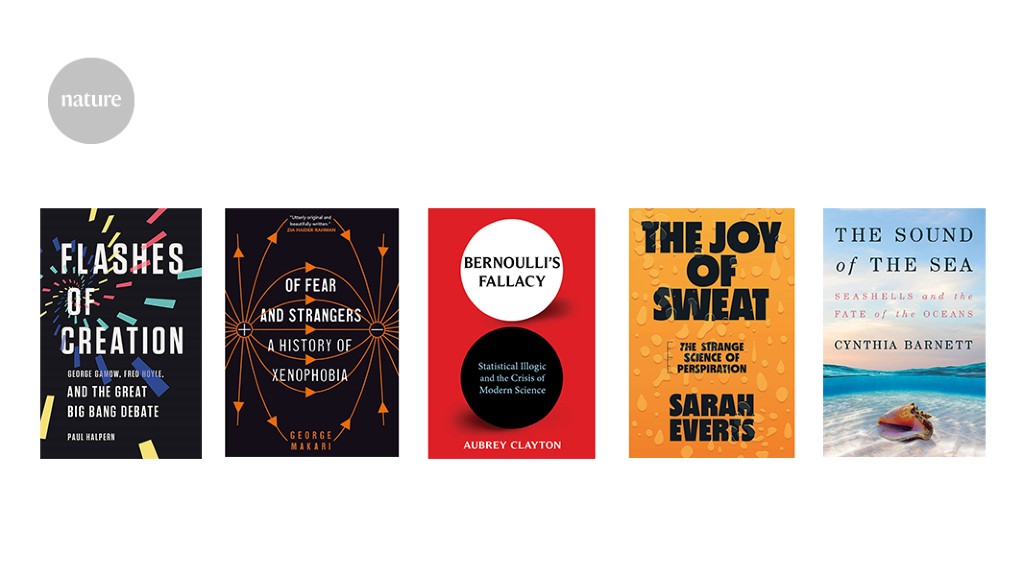
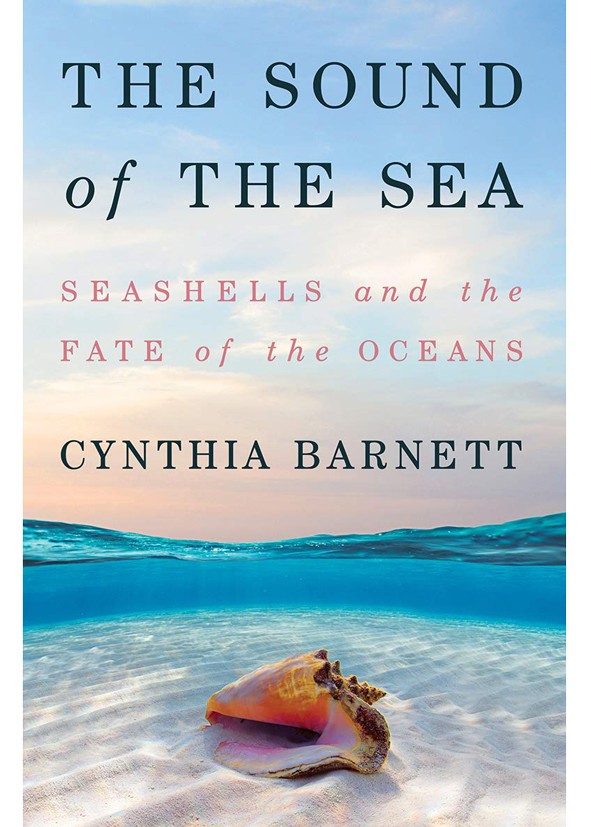
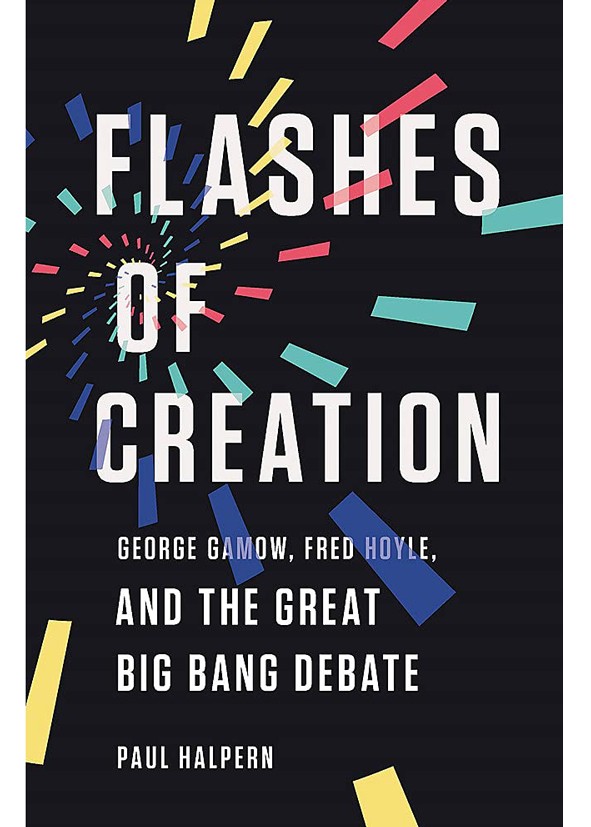
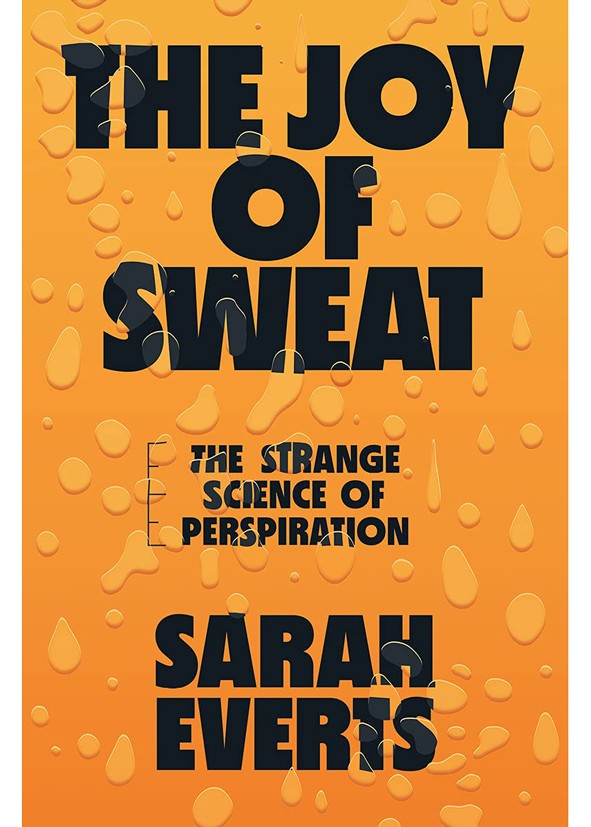
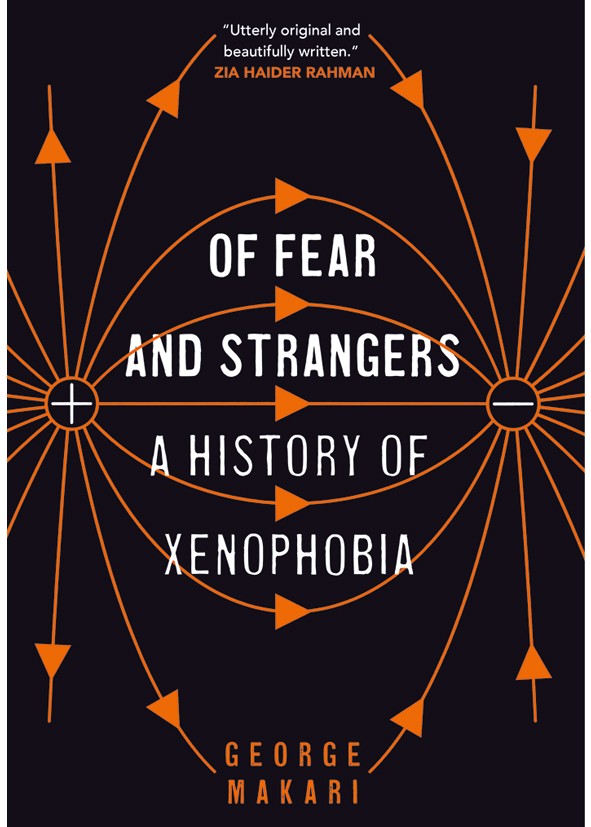
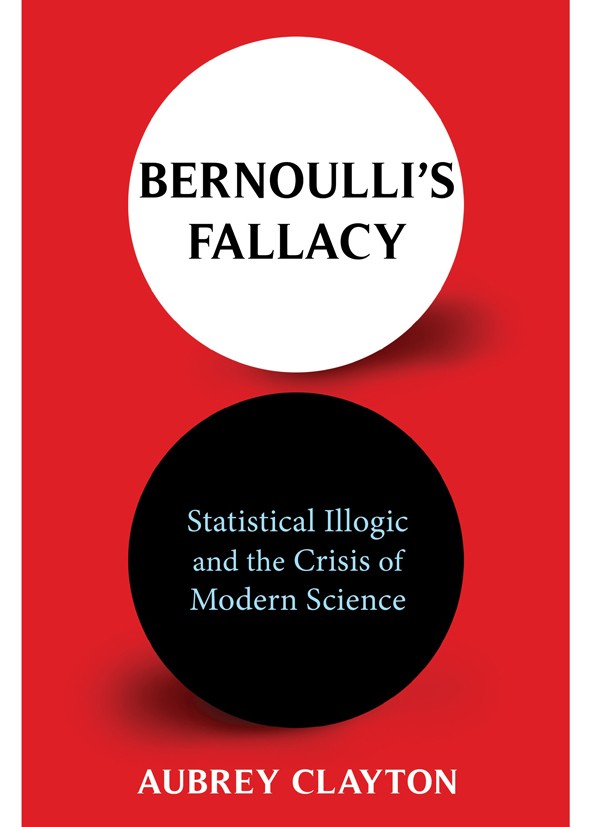
More News
Lethal AI weapons are here: how can we control them?
Ecologists: don’t lose touch with the joy of fieldwork
WHO redefines airborne transmission: what does that mean for future pandemics?